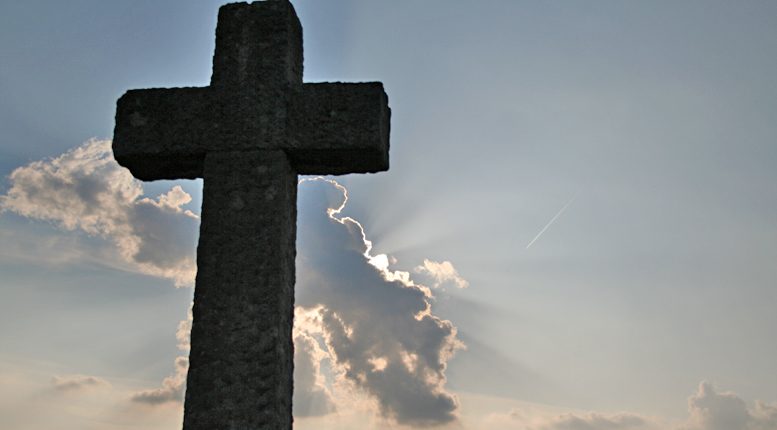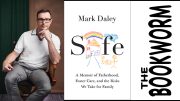This God, Faith, and Family Deals With Praying in the Gay and Discussing What is Prayer
By: Paul P. Jesep*/TRT Faith Columnist—
Those struggling with one of life’s challenges often ask clergy and friends for prayers. A relative may be sick; confidence in a job interview is needed, or spiritual support for partners struggling with chemical addiction are among the requests I’ve received.
Prayer can come with a negative connotation because of the “pray away the gay” crusade. Prayer has taken another hit because of the systemic discrimination of LGBTQ+ folks by organized religion. Yet, prayer and religion remain, for most of the LGBTQ+ community, a great comfort.
In October 2020, the Williams Institute at the UCLA School of Law released a survey on the “religiosity” of LGBTQ+ persons. According to the survey, “Nearly half of LGBT adults in the U.S. are religious.” This turns out to be about 5.3 million people in the country. Religious LGBTQ+ folks include Jews, Muslims, Mormons, and Christians of different denominations. Although not a religion, there are many LGBTQ+ Buddhists. Even though they weren’t a part of the survey, you can also include Wiccans, Pagans, and other religious and spiritual groups.
In one way, prayer doesn’t have anything to do with organized religion. The empowerment of prayer supersedes religion and can be a personal, transcendental experience. Before the establishment of Hinduism, Zoroastrianism, Judaism, and Christianity, among others, humankind had always sought to understand themselves and the world around them in context of the cosmos. Prayer, ritual, and ceremony emerged from ancient times and were codified and formalized by religion.
Religion, as it often does, both facilitated and obstructed one’s relationship with God, Goddess, Creator, Eternal Life, Divine Breath, Giver of Life, or however one attempts to “quantify” and “understand” Infinite Mystery.
Unfortunately, prayer, a gift to connect with the Divine Order, became a type of self-flagellation. “Lord, have mercy, I’m an unworthy sinner. Forgive me.” If you pray negative thoughts, you get a negative result. Prayer became a means of control by re-enforcing how awful you are, and salvation could only be earned by putting your trust in a church or religious official. This is not prayer. This is control using faith and religion.
So, what is prayer? It doesn’t belong to any one religion. It predates them all. Prayer is not begging or repentance. You are both part of the Cosmos, Created by the Creator, and yet you go to the Universe as part of its Creation because it is greater than you. Yet, you have the answers and the power within.
Prayer is like exercise or healthy eating. You get out of it what you put into it. It requires focus, discipline, and constant attention. It’s not only an opportunity to pray for others, yourself, or a better world, but a time of self-discovery.
Prayer is a tool available to any spiritual being whether atheist, humanist, or persons believing in a higher power. Done in a certain way it helps to rid your mind of negativity. Prayer, however, requires clarity and faith. Be specific about what you want and believe. Ask for what is in harmony with the universe and the Holy Author’s will. Use it for good.
In driving away negativity using prayer whether, by your own making, the social climate, or those around you saying something can’t be done, prayer is empowerment. For millions of religious LGBTQ+ people, prayer reinforces in a positive way that they belong.
Prayer, among many things, is a means of gratitude and positive re-enforcement, which should be practiced every day. “Thank you, Divine Creator, you made me who I am. You have made me holy. I am blessed to be who I am. I am grateful to be a blessing to others.”
*Paul is a lawyer, personal chaplain, and a seminary-trained, ordained priest. He is the author of “Lost Sense of Self & the Ethics Crisis.” He may be reached at Dilovod@aol.com.
[This column was originally published in the August 2021 issue of The Rainbow Times].







